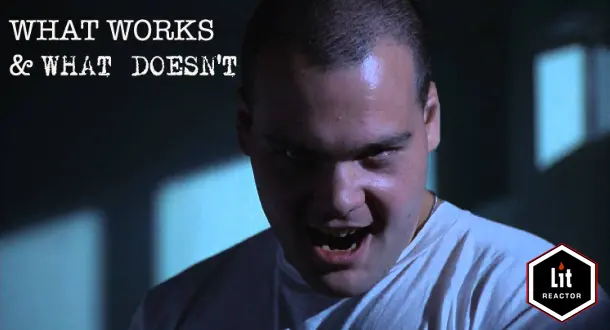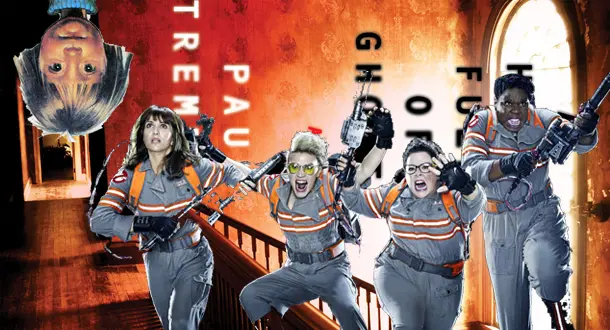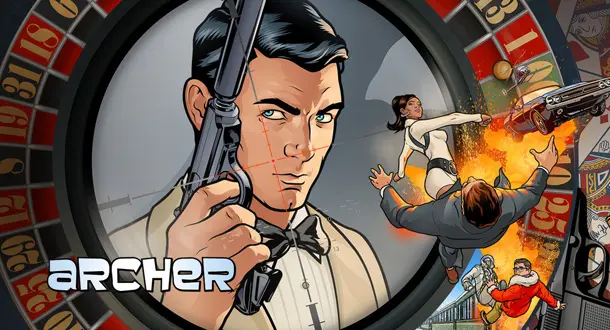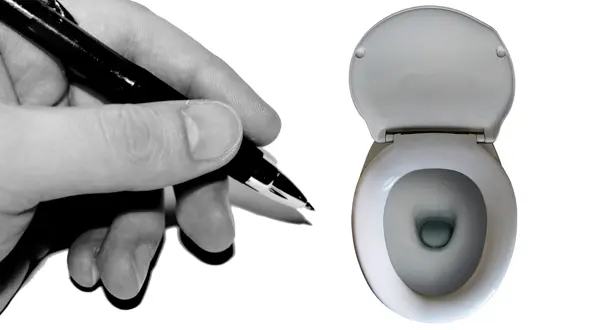Menu
Columns
Showing 3546 Columns
Showing 3546 Columns
July 19th, 2016

The concept of a unifying “Great American Novel” (GAN) dates back to an essay published by essayist John William De Forest in The Nation in 1868. Essentially, De Forest wanted exactly what the title says— an original novel that encompassed the heart of the American experience.
Read Column →July 18th, 2016

Welcome back to What Works & What Doesn't. In previous installments we've looked at the basic building blocks of a screenplay, working our way up from beats to scenes, from scenes to sequences, and sequences to acts. Now it's time to examine the screenplay in its entirety, from beginning to middle to end, Acts I-III.
Read Column →July 15th, 2016

On the cusp of Ghostbusters' release, now is a good time to consider when men write women versus when women write women. In a male-dominated industry, both Hollywood and the publishing world, it's common that even powerful women in fiction are written by men. In the case of Ghostbusters, writer/director Paul Feig, who has a history with female-driven stories such as Bridesmaids (2011), The Heat (2013) and Spy (2015), collaborated with Katie Dippold (Parks and Recreation) on the script.
Read Column →July 15th, 2016

If I were having a dinner party, and I could invite anyone I wanted, I would totally invite Adam Reed, the creator and writer of the made-for-adults cartoon show, Archer.
Read Column →July 14th, 2016

The idea behind this article was conceived on 10 May, 2016 at 1 a.m. when I rather foolishly decided to send this pitch to the LitReactor editors. I can write 'How I Doubled My Patreon Support in 30 Days' provided you tell me ASAP you're commissioning it and give me at least thirty days to write it—it's going to be a pretty experimental column.
Read Column →July 13th, 2016

I’m a big fan of writing routines and daily habits but sometimes life gets in the way. Rather than give up and abandon writing for the day you have to utilise those opportune moments for knuckling down and getting the work done. It might be one minute in a supermarket queue, while commuting to-and-from work, or even while on the beach with nothing but spade and sand (a photographic memory is useful here, too). Here in no particular order is a list of places I’ve written and a few suggestions I’ve yet to try out.
Read Column →July 13th, 2016

(Top to bottom, left to right: Josh Bazell, Dan Krokos, Todd Robinson, Rob Hart, Erik Arneson, Jon McGoran. Photo by Jon McGoran's iPhone.) It started with a message from my pal: author, editor, and bartender extraordinaire Todd Robinson. He saw a literary magazine was sponsoring a sleep-away camp. It was $300 for a couple of nights. Private room, shared bathroom, meals included. Time to write during the day, group activities, and opportunities for editorial input from the magazine staff.
Read Column →July 11th, 2016

Hello all. Welcome to a new monthly feature we'll be running here at LitReactor, the Tech and Product Round-Up. You've likely seen tech and product reviews appear on the site in the past, and we'll certainly continue to run those, but this compilation of mini-reviews, writer-related tech news, and announcements will fill in the gaps of the individual reviews, covering the goings-on in writerly products—as well as any tips and tricks—that don't necessitate an entire 1000+ word review.
Read Column →July 8th, 2016

Your first novel has just been accepted for publication. Congratulations! You're living the dream. But if your big debut is being brought out by a small press—as opposed to a big New York publishing house—you may be in for a rude awakening. That's the position I found myself in this spring when I realized just how much of the publicity for my debut novel, Hot Season, I was going to have to handle myself.
Read Column →July 6th, 2016

Photo courtesy Josh Hallett, via flikr.com, CC-BY SA 2.0 (Note: I admit fully to shamelessly plugging myself and the magazine in which I'm published. I have zero qualms about doing so.) You've sold and published your first story to a pro magazine. Now what?
Read Column →Submitting your manuscript?
Professional editors help your manuscript stand out for the right reasons.
